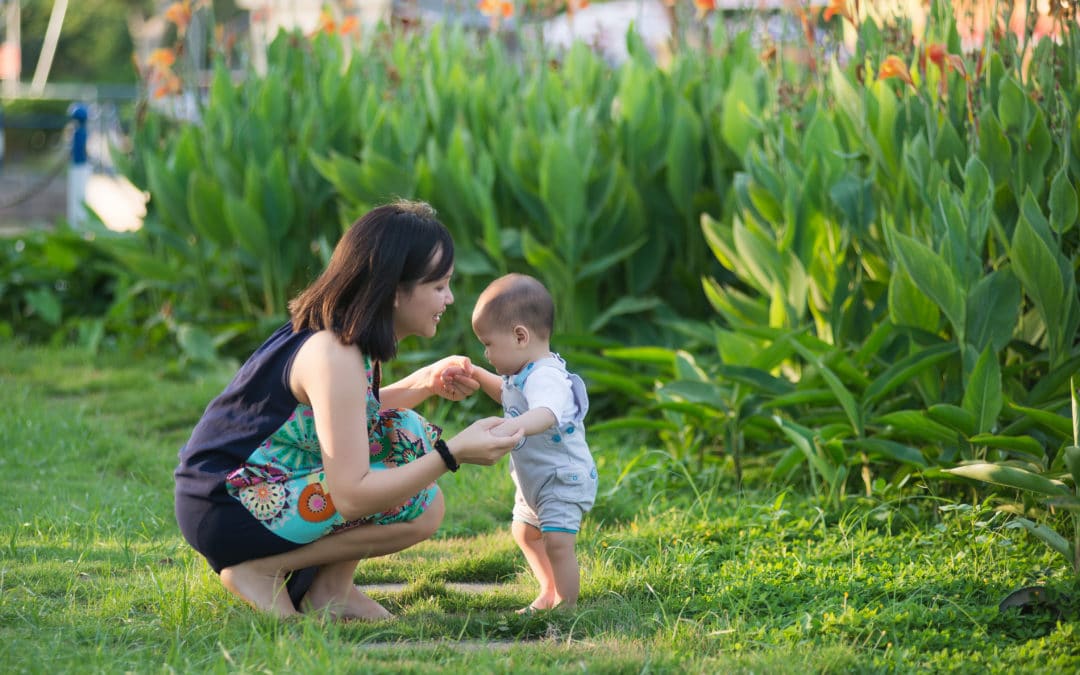The Guardian recently ran a story claiming that eliminating meat and dairy is the single biggest way to reduce impact on the environment. While going vegan is crucial for our planet, the claim in the article is not quite accurate. Today Having Kids is calling for a correction.
As the Guardian itself recently reported, multiple studies have shown that choosing smaller families easily has the most impact on environmental crises like climate change. Moreover, those studies did not assess vital and obvious knock-on benefits of smaller families, like better cognitive outcomes for children, opportunities for empathy-building through early childhood development, and increased social cooperation and compliance with environmental norms.
Population Impact
From Paul Hawken’s book Drawdown to previous studies on climate change population size has been shown to be the primary driver of climate disruption. That’s also the case for the downstream impacts of climate change like ocean acidification, and for other forms of ecocide, like the loss of biodiversity / mass extinction of other species. Thus, sustainable family planning is the most significant act that we can take to reduce our impact.
Are Vegans Exempt?
Dietary changes should not replace better family planning. It should be included as a necessary condition of sustainability. If you want to be a true vegan, change your diet and plan smaller families for the goal of reducing the number of animals used for food and restoration of the nonhuman world. We should do our best to live sustainably through our consumption choices as well as through our reproductive choices.
Ending the Taboo
Discussing family planning is difficult because we have a cognitive distortion called temporal myopia. The push for pro-natalism has been ingrained in us over generations since the beginning of time. But today the size of the families we plan will determine our survival on the planet. It’s time to look beyond our selves. We must confront our own self-centered wishes to put our children’s future first.
Our climate change trajectory is largely the product of past failures to deal with known variables like population and family planning policy. We should not repeat those mistakes, and the media has a grave responsibility in this regard.
Fertility Rate Vs. the Economy
Leaders and economists constantly push policies that support having more children to create future consumers and endlessly growth the economy. We see ourselves as consumers, rather than as citizens, which explains why dietary change is the common approach for people who care about animals. But why are we seeking infinite growth? What about a more stable, sustainable economy with a smaller gap between rich and poor and better opportunities for everyone?
The Trend Toward Smaller Families
Today there is also a marked trend towards smaller families, driven by several factors that range from cultural to financial. When thinking of policy changes, why not capitalize on, rather than ignore, this existing trend? From fully-funded LARC programming, to reforming child protection systems, to equity-based family tax systems, there are existing and effective vectors for real population policy change that can capitalize on the trend towards sustainable families.
Family Planning for a Better Future
Family planning is the unifying and primary driver behind all anthropogenic impacts. To fix our relationship with the nonhuman world, we will have to start at the source. Family planning is also our chance to create more equitable as well as sustainable societies. We can replace increasingly crowded, consumption-oriented economies with more connected communities that live in balance with nature. Family planning must be where we start in any discussion on how to reduce impact – at the source of who we are, and will become.
The Guardian should issue a correction today. Ask the Guardian to do so at guardian.readers@theguardian.com, and to run a sufficient article explaining the correction highlighting the importance of better family planning.
Ashley Berke, Spokesperson for Having Kids

